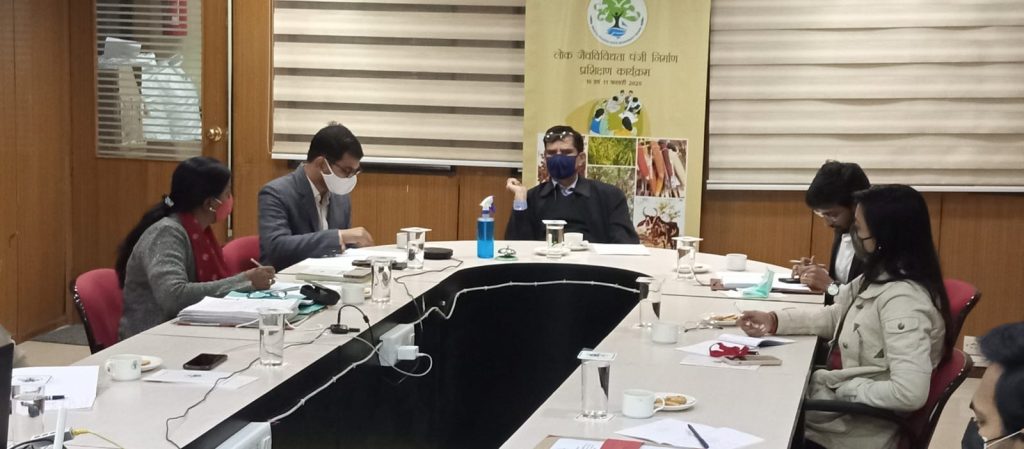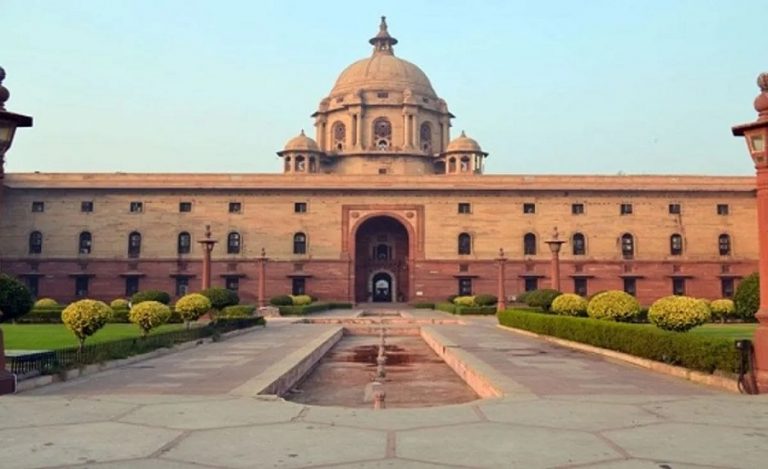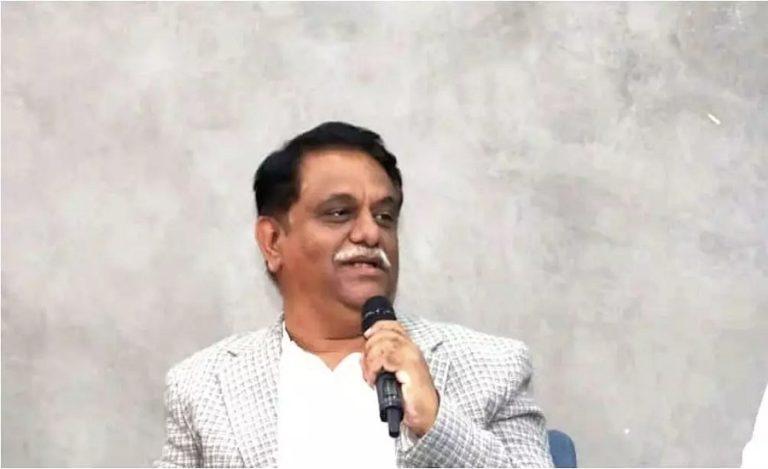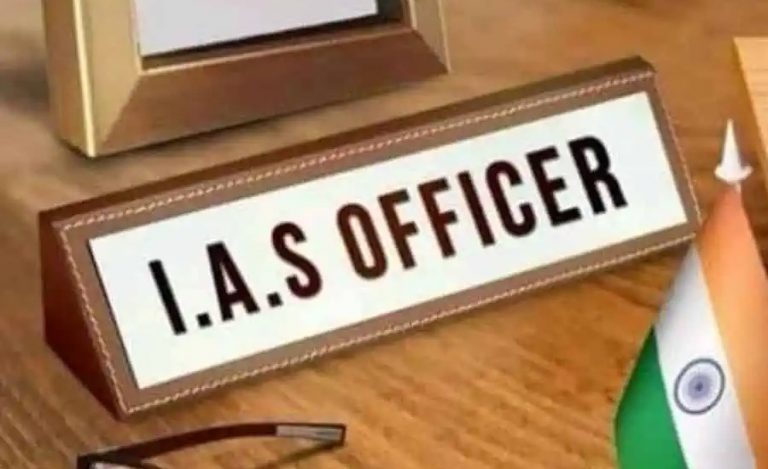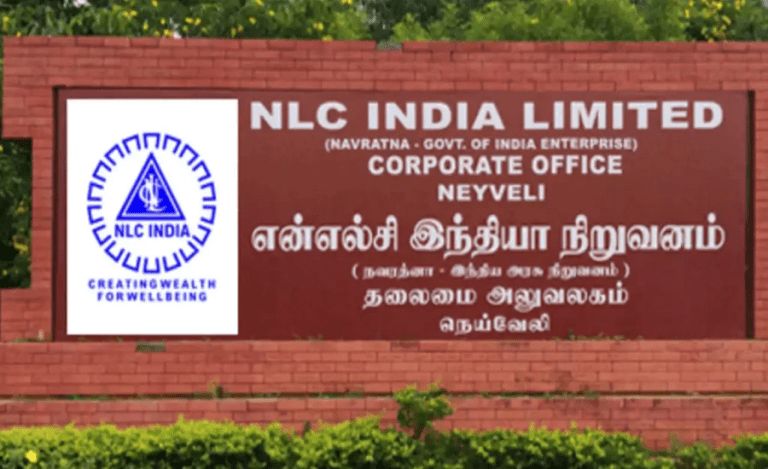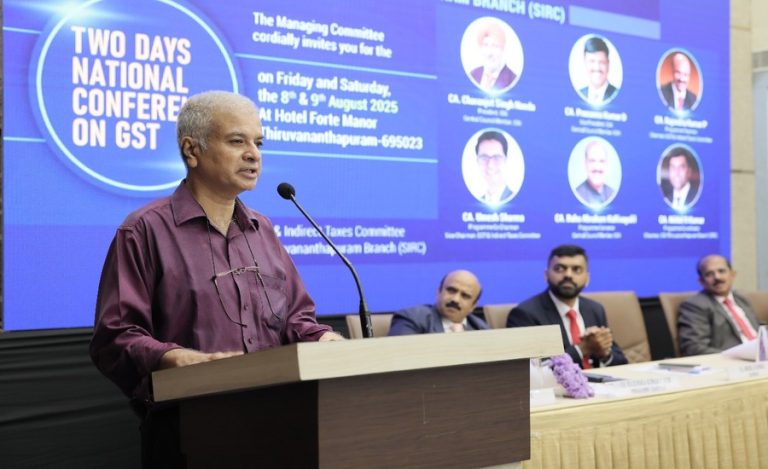The Madhya Pradesh Bio-Resource Trade Management Information System (MPBT MIS) Portal was launched recently in the state, thanks to a dynamic team of young officers that includes Anupam Sharma, IFS, who executed the idea as project head and presented it in its final form. The portal was developed under the aegis of MP Biodiversity Board and is the first of its kind in the country.
In conversation with Indian Masterminds, Mr. Anupam Sharma (IFS: SDO Maihar Sub-division), explained the whole concept and significance of this MIS portal.
BIOLOGICAL DIVERSITY ACT 2002
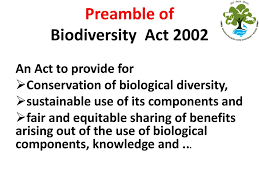
The Biological Diversity Act 2002 has three major objectives. Conservation of biodiversity, sustainable use of biodiversity, and sharing of benefits arising out of biodiversity. This act ensures the conservation and protection of flora and fauna, sustainable harvest of bioresources so that it can be propagated further.
Mr. Anupam Sharma said, “Some big companies are gaining profit from bio resources, so the act ensures that the locals also get the profit benefit. It is basically profit sharing. After all, the bio resources are secured due to the constant efforts of locals. “
IDEA OF MIS PORTAL
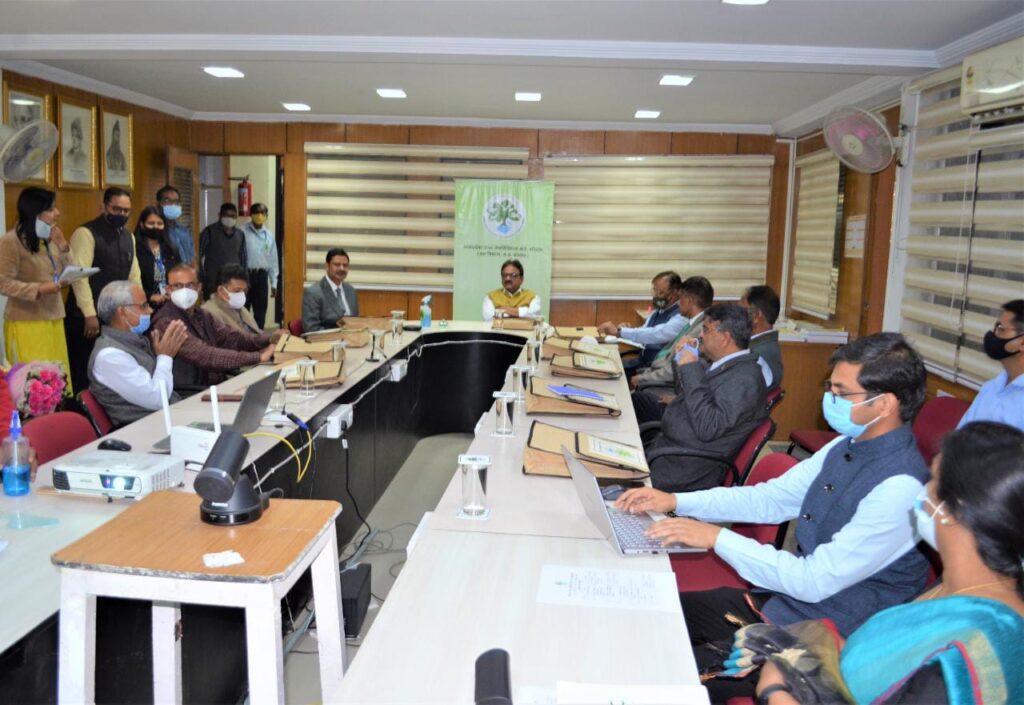
The Act was first implemented on the ground in Katni, MP, where the officer was posted a few years back. Mr. Sharma said, “We implemented this idea under the guidance of then DFO Rajesh Rai. Based upon the SOPs and rules, we registered the traders, invited applications from them, approved the applications and made the agreements. The applications were approved after ensuring that the trade quantity should be within the carrying capacity limit of the local forest.”
The results were encouraging, and a demo was presented by the officer in front of the MP Biodiversity Board that has now taken the shape of a systematic portal for tracking and monitoring the trading and procurement of bioresources in the whole state.
SIGNIFICANCE OF MIS
Mr. Sharma said that the idea behind this initiative was to develop a centralized web portal for monitoring data management and reporting with respect to the implementation of Biological Diversity Act 2002.
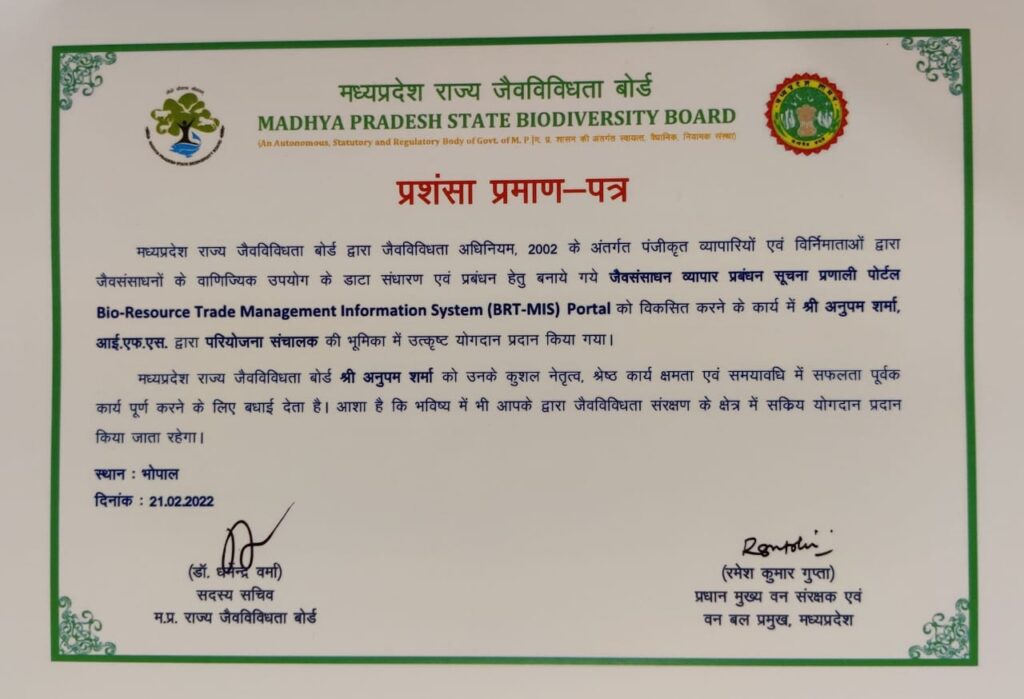
“For example, if a trader is trading frequently, it used to be a difficult task to track whether his trading is breaching the sustainable harvest limit which was agreed/ permitted. Also there is a rule that every trader or manufacturer has to pay ABS (Access and Benefit Sharing) Amount to the state board. Tracking of both was difficult,” Mr. Sharma said.
Earlier, no particularly-usable data of bioresources of a particular region was available for policy making, human error occurred in data entry, and a lot of paperwork were involved. To resolve all these issues, the MIS portal was developed.
THE OBJECTIVES
The portal comes with features like auto calculation, dropdown menu, checkboxes, because of which human error in data entry is minimized. It also ensures the tracking and monitoring of Bio-resources traded by traders and procured by manufacturers. The portal has been developed by the combined efforts of four young officers – Mr. Anupam Sharma (IFS 2018), Mr. Thirukural (IFS 2019), Mr. Sudhanshu Tiwari and Mr. Raghvendra Singh.
The portal’s major objective are – real-time monitoring of bioresource trade at various levels; managing the information of traders/manufacturers; error free, quick and real time report generation; notifying traders about their application status, their trade, and sending alert messages if their trade reaches the approved limits; computation of share of BMCs (Biodiversity management committees) in 0.95% ABS amount to be returned back by MPSBB; and the bio resource mapping at village, range and division level.
In the portal, categorical login through OTP has also been provided for transparency.
Emphasizing the significance of this kind of system, Mr. Sharma said, “Not only the tracking and monitoring of bioresources will become easy, but it will also ease the sustainable use and conservation of our forest treasures in near future with proper policy-making approach.”
The officer says, “While contribution by every team member is highly commendable, the diligent efforts of Mr. Sudhanshu Tiwari were indispensable.”

